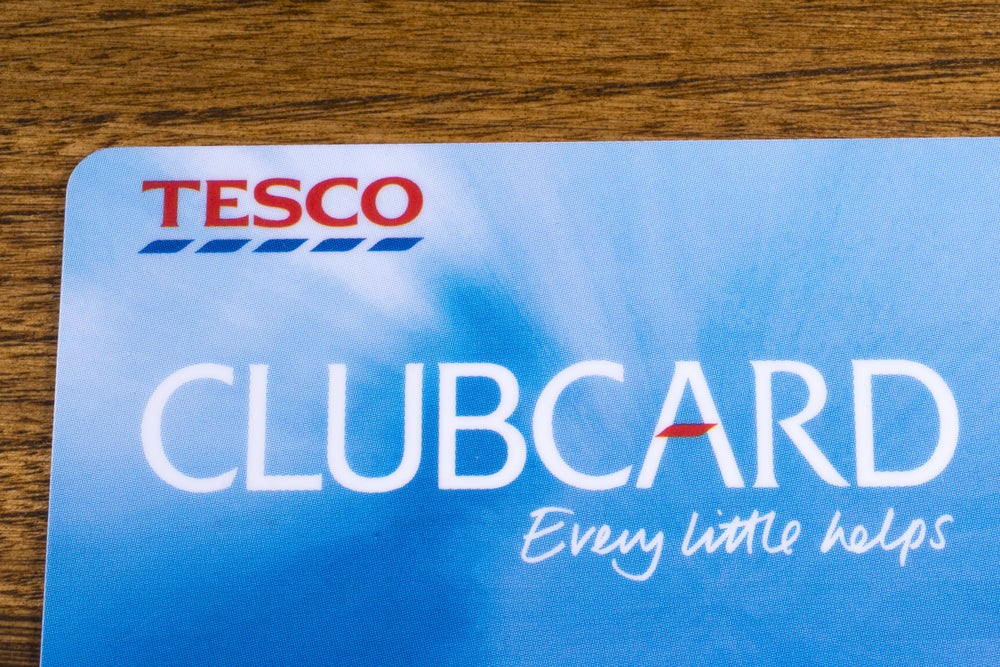Across the UK, supermarket shoppers are confronted by a multitude of deals and offers designed by grocers to engineer more purchases. The core of this practice is the loyalty scheme, which offers consumers access to lower prices on specific items. While these schemes can help consumers save money, there are growing concerns about their implications for data privacy.
When Tesco launched Clubcard in 1995 — the first loyalty scheme in the UK — it was seen as a huge risk. Thirty years later, it has proved a huge success, with more than 22 million households currently signed up. Clubcard has irrevocably changed how the industry operates. In the past, companies threw away customer data because it was too expensive to store; now, data is considered the holy grail of retail profit-making. Most UK grocers today, including Sainsbury’s, Morrisons, Waitrose and Asda, have a loyalty scheme of some sort.
The data supermarkets collect via these loyalty schemes includes buying patterns, from the products shoppers tend to buy together to the size of stores they prefer. Many schemes are also linked to a specific address, allowing the retailer to build a map of areas that might be under or overserved. The aim is to predict, calculate and thereby influence consumer behaviour. In the words of Dunnhumby, the company behind Tesco’s Clubcard: “If you want to know how Britain shops for its groceries — and learn how to shape what Britain buys tomorrow — then Clubcard data is a very good place to start.”
Big data, small prices
The application of big data has brought grocers considerable riches, but consumers can also benefit. For example, analysis of large datasets can help shape consumer experiences for the better. In September 2024, Tesco’s chief executive Ken Murphy unveiled plans to combine Clubcard data with AI to warn us if our baskets were becoming unhealthy and “nudge” consumers to healthier alternatives. Cynics might view such a move as too controlling and a way to get more data out of consumers, but whatever the intention, the consequences are surely a good thing. Most likely, it will be an optional feature anyway. Perhaps a better way to improve consumer health would be to apply more Clubcard discounts to healthy items such as fruit and vegetables.
Ultimately, the real downside of supermarkets’ use of data is not just that consumers have no power over how their data is being used; they have no understanding either. Consumer data is separated at the point of purchase and then recombined in infinite ways. Because consumers are so alienated from this process, it is incredibly difficult for them to put a value on the data they are giving up. Only retailers know how much this data is truly worth. If consumers consider the data these schemes collect unimportant, it is no wonder many are willing to trade it for a small saving.
A loyalty trap for consumers
Although General Data Protection Regulation standards heavily regulate data collection practices by corporations, including grocers, the supermarket loyalty scheme illustrates a potential weakness. While grocers offer consumers the ability to opt in or out, they rely on a fear of missing out, or FOMO, on price savings to persuade them to sign up. Some supermarkets have also been accused of artificially raising the prices of products and then using the loyalty discount to return them to their original price. This is a classic example of what US social psychologist Shoshana Zuboff has termed an “uncontract” – a new kind of dynamic established between consumers and corporations that spoils the traditional idea of a contract as an agreement between autonomous parties. With loyalty schemes, supermarkets finesse consumers’ un-contractual “agreement” by offering them a choice of paying a higher price or giving up their data.
In the end, supermarket loyalty schemes occupy an interesting position in the era of big data. While consumers certainly have more rights against involuntary data collection practices, they are increasingly coerced to volunteer such information via manufactured needs — whether to get a better deal or to access a feature that should come as default.





